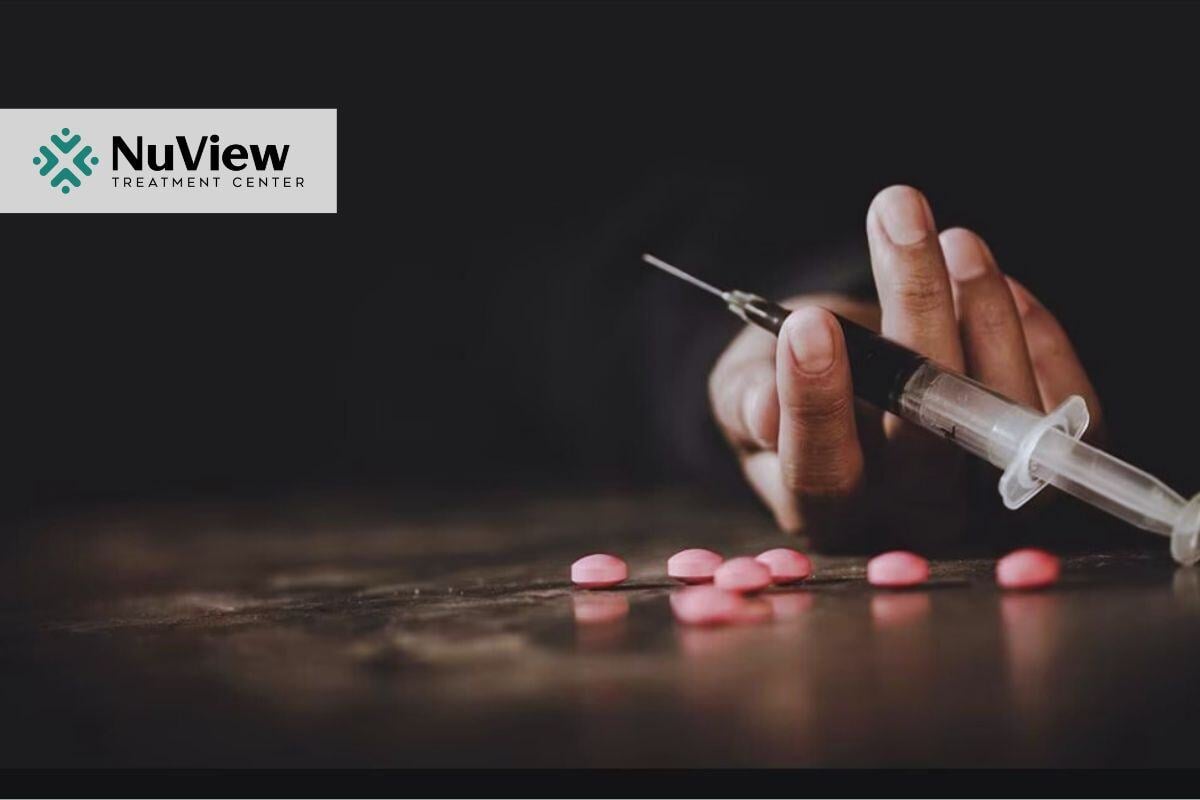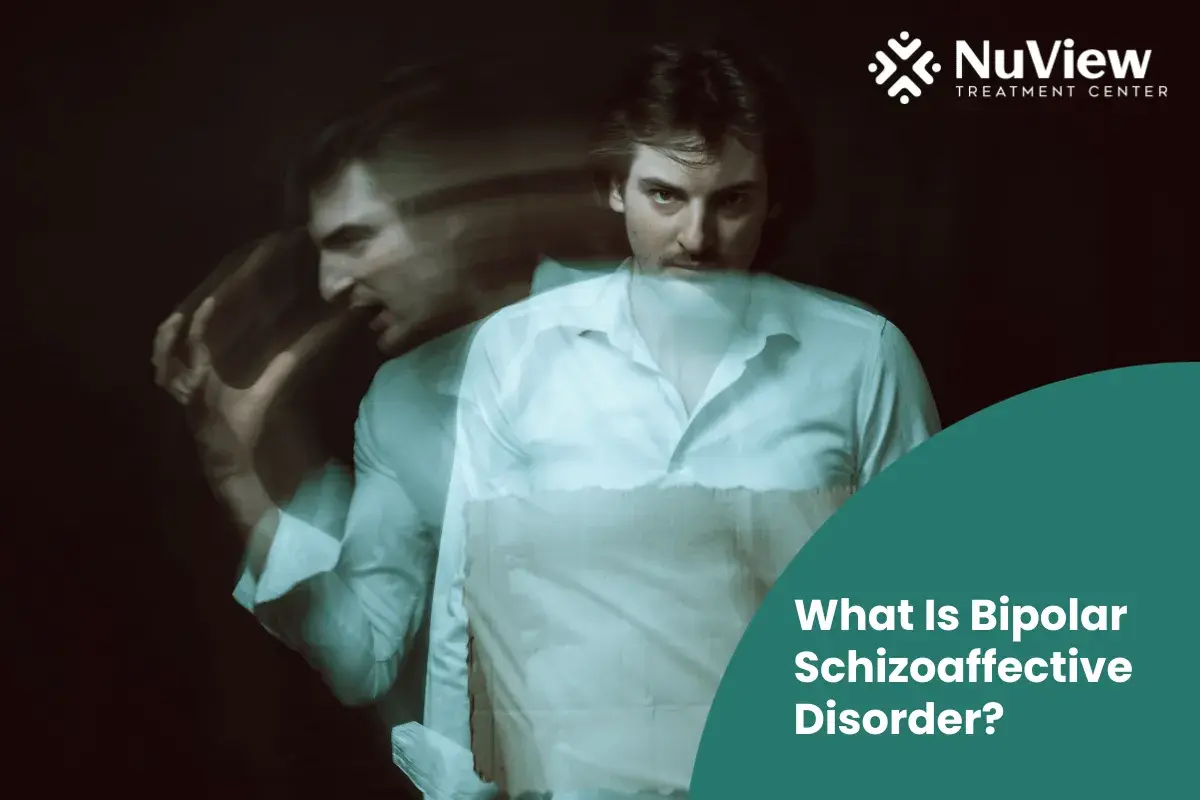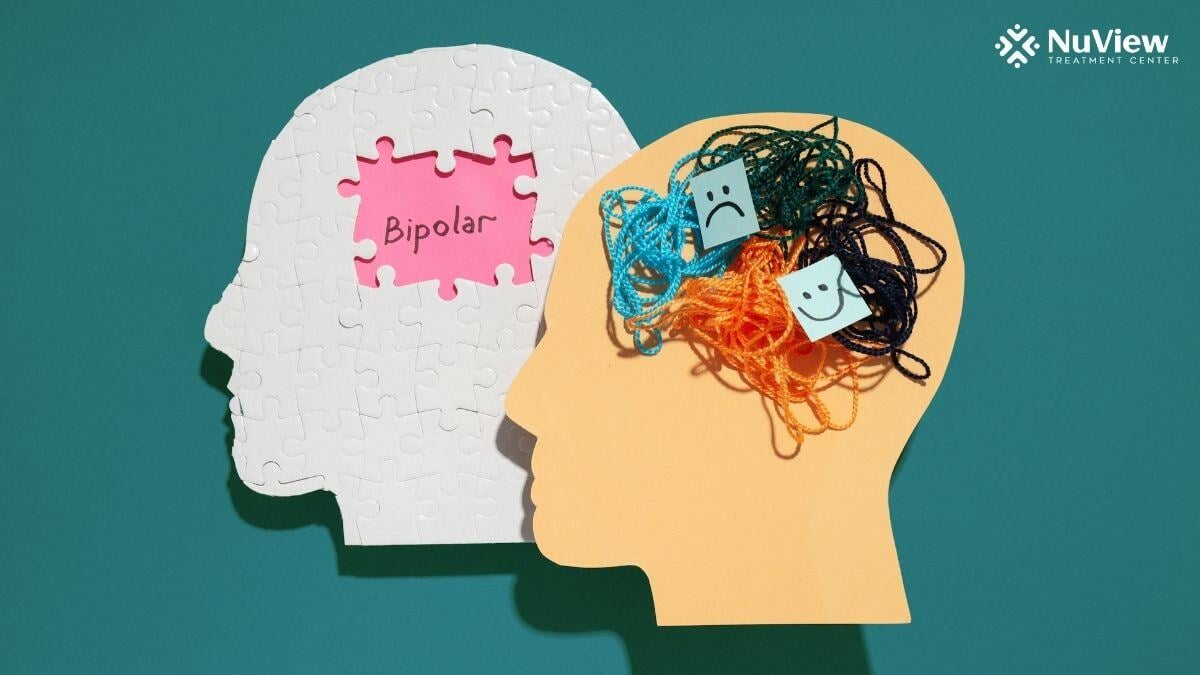What is Depression?
Major depressive disorder, also simply referred to as depression, is a serious mood disorder manifesting at least two weeks of persistent feelings of sadness, hopelessness, and a lack of interest in activities one has previously enjoyed.
It is a common illness: Almost 7% of adults in the United States experience major depression every year. In fact, over 16% will have an episode sometime during their lifetime. It interferes with daily functioning and distorts one's abilities to even think, memorize, eat, and sleep.
Unlike temporary feelings of sadness, depression lasts at least two weeks and sometimes needs professional depression treatment. If symptoms are left untreated, they will more often worsen, whereas with the right care, recovery is possible.
Symptoms of Depression
Symptoms of depression may be mild, moderate, or serious, including both physical and mental manifestations. If you experience these signs for more than two weeks, you may need professional help:
- Persistent sadness, anxiety or feeling "empty."
- Irritability or frustration, especially in children and adolescents.
- Loss of interest in activities and hobbies.
- Changes in appetite that may cause weight loss or weight gain.
- Sleep disturbances (insomnia or oversleeping).
- Fatigue or low energy.
- Difficulty concentrating, making decisions, or remembering things.
- Physical symptoms include headaches, stomach problems, or sexual dysfunction.
- Feelings of hopelessness or worthlessness.
- Thoughts of death, harming oneself, or suicide.
Get Started With Nuview Treatment Center
Our dedicated professional staff is here to guide you or your loved one on the journey to lasting recovery, offering support every step of the way.
Causes of Depression
Depression is a condition arising from biological, psychological, and environmental factors interplaying with the individual's vulnerability to the illness. The common causes include:
Brain Chemistry:
Depression is caused by a chemical imbalance in the parts of the brain that regulate mood and behavior.
Hormone Levels:
Hormonal changes, especially at times related to the menstrual cycle, the postpartum period, and menopause, can increase vulnerability to depression.
Genetic History:
A person may be predisposed genetically to depression if there is a history of mood disorders in the family.
Early Childhood Trauma:
The traumatic experiences during childhood may imprint the responses of the body to stress.
Medical Conditions:
The chances of depression are increased by chronic illnesses such as heart disease, stroke, or cancer.
Substance Use:
The abuse of drugs or alcohol increases vulnerability to depression.
Pain:
Chronic physical or emotional pain is often linked to depression.
Risk Factors of Depression
Gender:
Major depression is twice as common in women compared to men.Genetics:
Family history of depression increases susceptibility.Substance Abuse:
More than 20% of the total population with substance use disorders possess depression.Socioeconomic Status:
Financial strain and perceived low social status can contribute to depression.Certain Medications:
Some medications – hormonal birth control, for example – have been associated with an increased risk of depression.
Types of Depression
Depression presents in various forms, each having its array of characteristics. Identifying the type of depression will provide a clearer view toward the most appropriate depression treatment.
Major Depressive Disorder (Clinical Depression)
This is a major form of depression. In this, individuals experience persistent feelings of sadness or hopelessness, and a majority of them show other physical symptoms such as changes in sleep or appetite. These symptoms last at least two weeks and are amongst the serious forms of depression, classifying it as one that needs immediate major depressive disorder treatment.
Persistent Depressive Disorder (Dysthymia)
This is a chronic form of depression, where it lasts for a minimum of two years; although symptoms are not serious, likened to major depression, their long-term nature can significantly affect daily functioning.
Seasonal Affective Disorder (SAD)
Typically occurring during the fall and winter months. SAD is linked to reduced sunlight exposure. The symptoms experienced are similar to the major depressive disorder but resolve as daylight gets stronger.
Premenstrual Dysphoric Disorder (PMDD)
This is a serious version of the more common mood condition known as premenstrual syndrome, or PMS. Whereas people with PMS have mood swings, irritability, and depression in the weeks before their periods, those with PMDD experience these symptoms to a much greater degree. The symptoms generally go away once the menstrual cycle begins.
Postpartum Depression
Some women experience this form of depression following childbirth. It is a more serious version of the "baby blues" and may affect a mother's ability to care for her newborn. Recovery requires professional depression therapy.
Atypical Depression
As opposed to the other varieties of depression, persons with atypical depression may have a mood lift in response to a positive event. Other manifestations include enhanced appetite and sleep and sensitivity to rejection.
Each form of depression requires tailored depression therapy and treatment. At Nuview, we offer personalized depression treatment plans that address each type's unique challenges.
Get Started With Nuview Treatment Center
Treatment Options for Depression
Fortunately, depression is a highly treatable condition; most people start to feel better with a combination of therapies. Here are some of the most effective treatment options:
Psychotherapy
Cognitive Behavioral Therapy (CBT): It is the most frequently used depression therapy, which helps the patients to identify those negative thought patterns and behaviors that contribute to depression. Through this CBT, individuals learn how to restructure their thinking to cultivate positivity at a subconscious level.
Dialectical Behavior Therapy (DBT): DBT focuses on the acceptance of painful emotions rather than suppression. The patients work towards accepting their feelings, which helps them deal well with depression.
Medication
Antidepressants: These medications, including selective serotonin reuptake inhibitors and serotonin-norepinephrine reuptake inhibitors, restore the balance of neurotransmitters in the brain that regulate mood. This medication class serves as a typical first-line pharmacotherapy approach in the management of major depressive disorder.
Mood Stabilizers and Antipsychotics: Antidepressants are usually additional medications either to balance mood or to alleviate psychotic symptoms in the case of more serious conditions.
Brain Stimulation Therapies
Electroconvulsive Therapy (ECT): This is a method usually used after all else has failed. Electrical stimulation of the brain in ECT helps to rectify neurotransmitter function and provide relief from acute depression.
Transcranial Magnetic Stimulation (TMS): TMS applies powerful magnetic fields that stimulate the nerve cells in the brain and is a non-invasive procedure for persons who have not responded to any medication.
Lifestyle Changes
Regular exercise, healthy eating, and quality sleep are important in managing depression. Alcohol, being a depressant, should be avoided during the process of recovery.
These treatment approaches are combined at Nuview to make individualized plans that work for each situation.
How Depression is Diagnosed?
Diagnosis of depression calls for a comprehensive mental and physical health evaluation of the person. Various methods are employed by healthcare providers to ensure accuracy regarding this diagnosis and to find the best treatment for depression.
- Physical Exam: A medical doctor will carry out a physical exam procedure to rule out other medical conditions that might be the cause of your depression, such as a thyroid condition.
- Laboratory Tests: In this case, a blood test is done to see the functioning of the thyroid, which may help identify the possible physical cause of the depressive symptoms.
- Psychiatric Evaluation: The symptoms, thoughts, and behaviors will also be assessed by a psychiatrist or psychologist through interviews or questionnaires.
- DSM-5 Diagnostic Criteria: The diagnosis of major depressive disorder is made by the presence of at least five symptoms, such as persistent sadness or sleep disturbances nearly every day for two weeks or more.
Nuview offers extensive diagnostic testing for proper diagnosis and personalized major depressive disorder treatment.
When to Seek Professional Help
If symptoms of depression interfere with your daily functioning, then it is time to seek help. These include:
- Persistent Low Mood: Feeling sad or uninterested for over two weeks.
- Changes in Sleep or Appetite: A disturbance in sleep or appetite.
- Difficulty Functioning: Struggling with daily tasks, work, or relationships.
- Self-harm Thoughts: Thoughts of suicide or low self-esteem.
Even if treatments have started, speak with your provider if symptoms remain. Nuview offers expert care to adjust treatment plans for the best possible outcomes.
- What is Depression?
- Symptoms of Depression
- Causes of Depression
- Risk Factors of Depression
- Types of Depression
- Treatment Options for Depression
- How Depression is Diagnosed?
- When to Seek Professional Help
- What is Depression?
- Symptoms of Depression
- Causes of Depression
- Risk Factors of Depression
- Types of Depression
- Treatment Options for Depression
- How Depression is Diagnosed?
- When to Seek Professional Help
Get Help Today!
Everyone is Welcome Here and We All Have Your Back
Your healing journey deserves a personalized approach. At NuView, we integrate expertise in behavioral therapy, mental health, and substance use treatment to create a customized recovery plan tailored to your unique needs.
Connect with our Admissions Specialists today.






Written By
Dr. Ryan Peterson